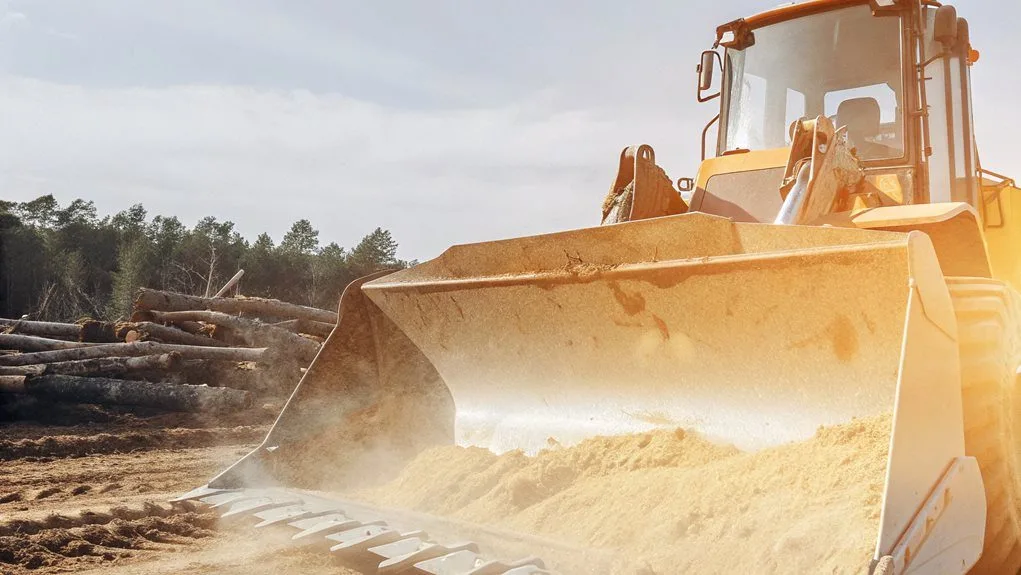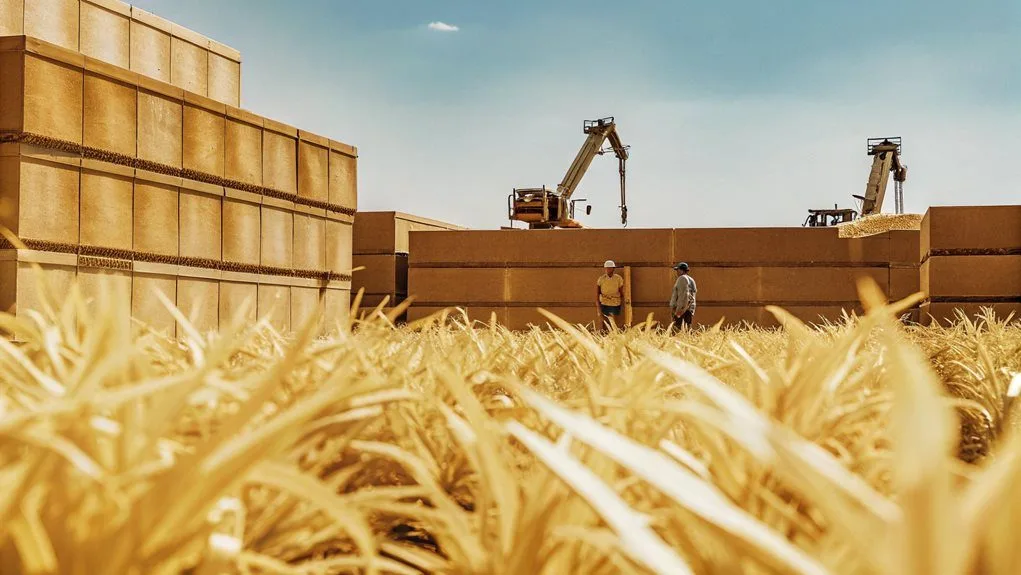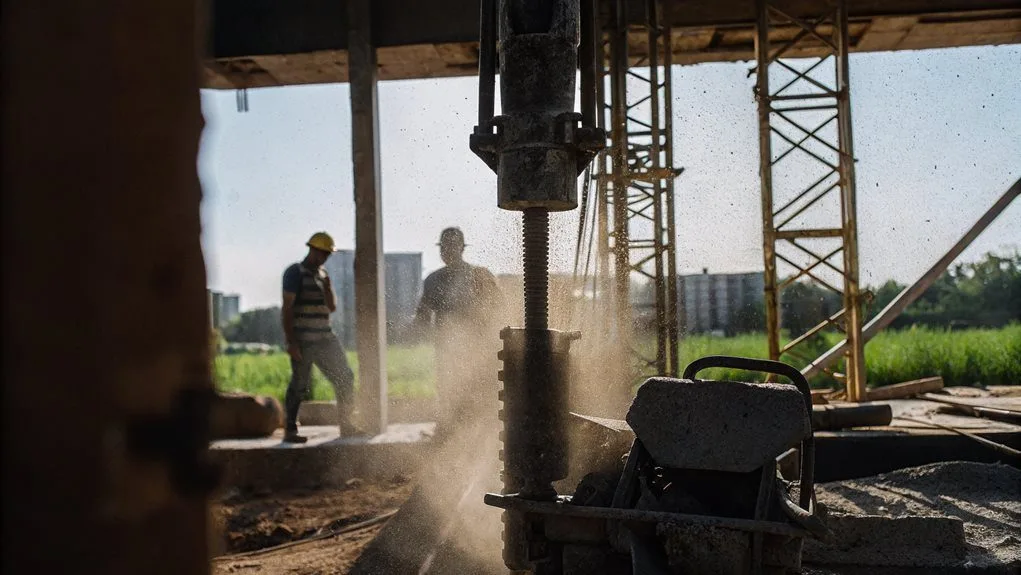Embarking on an earth moving project requires more than just ambition; it demands a keen eye for detail, especially when it comes to the pivotal task of equipment rental. You're likely searching for ways to streamline this process, eager for insights that promise efficiency, affordability, and effectiveness.
The terrain of earth moving equipment rental is strewn with potential pitfalls, from the critical assessment of machinery condition to the intricacies of logistical coordination and the necessity of adequate training. These challenges, if not navigated wisely, can escalate costs and derail project timelines.
With years of experience tucked under our belts, we understand the nuances of these challenges and the importance of addressing them head-on. Our approach is tailored to meet the needs of professionals and enthusiasts alike who are determined to lead their projects to success without unnecessary hindrance.
This article is your compass in the complex landscape of equipment rental, designed to guide you through planning, preparation, and execution with precision and confidence. As you continue reading, rest assured that each tip and strategy has been curated to empower your decisions, ensuring your project not only proceeds but thrives.
Key Takeaways
- Thoroughly evaluate project requirements and select equipment sizes based on scope for efficient operations.
- Plan equipment rental in advance, considering specific project needs and ensuring timely delivery and availability.
- Coordinate transportation logistics, including direct delivery to the job site and pick-up arrangements post-rental period.
- Emphasize safety practices through comprehensive training, understanding equipment limits, and prioritizing accident prevention.
Equipment Assessment
When conducting an equipment assessment for earth moving projects, it is crucial to carefully evaluate the specific requirements and attachments needed to select the most suitable sizes and maximize cost-effectiveness. An equipment assessment involves analyzing the project needs and determining the appropriate earth moving equipment to ensure smooth operations. By considering the attachments required, such as buckets, blades, or rippers, you can identify the right equipment that can perform the necessary tasks efficiently.
Choosing the correct equipment sizes is also essential to optimize rental rates and avoid unnecessary cost implications. Selecting equipment that is too small may result in delays and inefficiencies, while choosing equipment that is too large can lead to wasted expenses. It is vital to match the machine sizes with the project's scope and scale, ensuring that they provide the necessary power and capacity.
Planning and Preparation
To ensure a smooth and efficient equipment rental process for earth moving projects, proper planning and preparation are essential. Here are some best practices to consider when renting heavy construction equipment:
- Plan ahead: It is crucial to plan equipment rental at least 48 hours in advance. This ensures timely delivery and availability of the required equipment. Early reservation also allows suppliers to prepare the equipment for optimal performance on-site.
- Consider the job requirements: Take into account the specific needs of your project when selecting earth moving equipment. Factors such as the size of the project, terrain, and prevailing weather conditions should be considered to ensure that the chosen equipment is suitable for the job.
- Communicate effectively: Initiate effective communication by providing accurate job site address and contact person details. Clear communication helps to streamline the rental process, ensuring that the equipment is delivered to the right location on time.
Transportation Coordination
Transportation coordination is a crucial aspect of the equipment rental process for earth moving projects. When selecting a rental company, it is essential to check if they provide direct delivery to the job site. This not only saves time but also reduces the effort required to transport the equipment. Additionally, it is important to confirm pick-up arrangements post-rental period to ensure a smooth equipment return process.
In some cases, there may be additional transportation needs besides the rental equipment. It is crucial to assess these needs beforehand to avoid any delays or complications. If there is no truck available for transportation, it may be necessary to coordinate the rental of hauling equipment.
Proper planning of transportation logistics is necessary before securing the rental equipment. This helps streamline operations and ensures that all equipment is delivered to the job site in a timely manner. By considering transportation needs and making appropriate arrangements, the rental process can be made more efficient and effective.
Training Considerations
Proper training is essential for operators to efficiently and safely operate earthmoving equipment. Here are three important training considerations to keep in mind:
- Safety Practices: Training sessions should emphasize the importance of following safety protocols to minimize accidents and errors. Operators need to be aware of potential hazards and understand how to mitigate risks. By prioritizing safety, operators can protect themselves, others on the worksite, and the equipment itself.
- Proficiency and Productivity: Proficiency in operating earthmoving machinery is crucial to reduce downtime and enhance productivity. Through comprehensive training, operators can learn the proper techniques and best practices for using the equipment efficiently. This includes understanding the equipment's features, controls, and capabilities, as well as maximizing its performance.
- Understanding Limits and Capabilities: Training helps operators gain a thorough understanding of the limits and capabilities of the earthmoving equipment. By knowing what the machinery can and cannot handle, operators can make informed decisions and avoid pushing the equipment beyond its safe operating parameters. This knowledge not only ensures the longevity of the equipment but also enhances overall operational efficiency.
Asking the Right Questions
When considering renting heavy equipment for construction projects, it is important to ask the right questions to ensure a successful and efficient rental experience.
First and foremost, inquire about the maintenance history of the equipment. This will help ascertain its reliability and performance, ensuring that you select the best machine for your project.
Additionally, it is crucial to ask the rental company about their response time for equipment breakdowns or malfunctions. Knowing how quickly they can provide assistance will help minimize downtime and keep your project on track.
Moreover, seek information on the availability of spare parts and technical support during the rental period. Having access to these resources can help resolve any issues that may arise.
Clarifying the rental agreement's terms on insurance coverage for potential damages or accidents is also essential. This will help protect your project and provide peace of mind.
Lastly, request details on the training provided for operating the specific earthmoving equipment. Ensuring that you and your team are properly trained will help maximize efficiency and prevent accidents.






